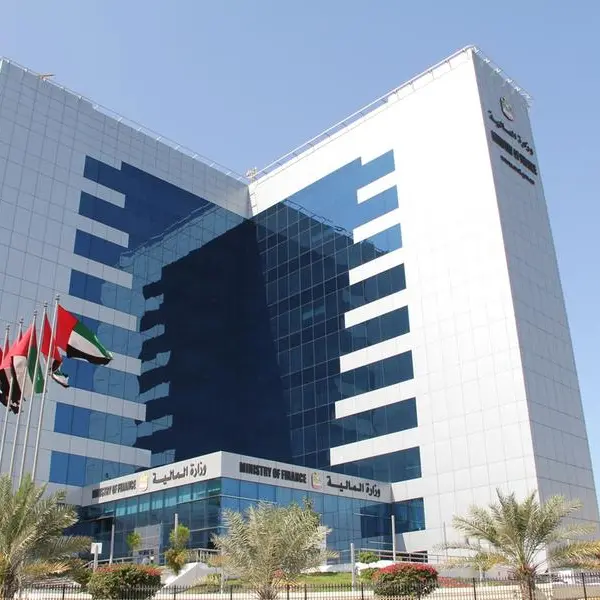The United Arab Emirates (UAE) has revealed details about the new excise tax due to be imposed on tobacco, and energy and fizzy drinks, starting next Sunday.
The UAE had previously announced plans to impose excise tax on tobacco and energy drinks at a rate of 100 percent, and on fizzy drinks at a rate of 50 percent on, with the exception of carbonated water, starting October 1, 2017.
Speaking at a news conference in Dubai on Wednesday, the director-general of the UAE’s Federal Tax Authority (FTA), Khalid Ali Al Bustani, said the excise tax will be collected on a monthly basis and the taxed entities will be required to file tax returns within 15 days after the end of the month.
“Starting the first of October, the excise tax will be implemented,” Al Bustani said.
According to Al Bustani, initial statistics show that the authority expects 250 entities to file excise tax returns, adding that the filing process will be done voluntarily by the taxed entities, but the authority - by law- reserves the right to examine and/ or audit any tax statement, if needed.
“To guarantee the best implementation of such tax, documents related to the excise tax would need to be kept and monthly tax statements will be provided to the Federal Tax Authority,” Al Bustani said.
The director-general, along with other officials from the ministry of finance outlined details concerning the new tax, which included the following:
Registration procedures
-Businesses are required to register for excise tax before October 1, 2017.
-The excise registration form is available on FTA’s e-service portal: www.tax.gov.ae
-The FTA will require various documents to validate the information provided by the taxpayers.
Taxed Products
Carbonated drinks (subject to excise tax at a rate of 50 percent)
- Any aerated beverage with the exception of unflavoured aerated water.
- Any concentrate, powder, gel or extract intended to be made into an aerated beverage.
Tobacco and tobacco products (subject to excise tax at a rate of 100 percent)
- All items listed in the GCC Common Customs Tariff.
Al Bustani said shisha, being a tobacco product, will also be subject to the excise tax at the same rate of 100 percent. “The excise tax has been adopted to reduce the consumption of goods that damage people’s health,” Al Bustani was quoted in a statement sent to the media on Wednesday.
Energy drinks (subject to excise tax at a rate of 100 percent)
- Any beverage which is marketed or sold as an energy drink, containing stimulant substances that provide mental and physical stimulation such as caffeine, taurine, ginseng or guarana.
- Any concentrate, powder, gel or extract intended to be made into an energy enhancing drink.
How to calculate Excise Tax
- Excise price should be higher than the price published by the FTA in a standard price list or the designated retail sales price of the goods without the excise tax.
Declarations
A number of declarations will need to be filed in order to declare and pay excise tax. Declarations will need to be made for:
- Import of excise goods
- Production of excise goods
- Release of excise goods from a designated zone
- Transfer of excise goods from a designated zone
- Deductible tax
Al Bustani said: “Excise tax will be accounted for and paid by producers of excise goods, importers, stockpilers and warehouse keepers…and other parties in the excise chain.”
The excise tax is part of an economic plan that many GCC countries adopted to diversify its sources of income after the sharp falls of the oil prices in 2014. Saudi Arabia already introduced a similar excise tax in June.
All GCC countries agreed last year to implement a 5 percent value-added tax, starting next year. Both Saudi Arabia and the UAE have said they will implement VAT in January.
For Zawya special coverage of VAT:
(Additional reporting by Nada Al Rifai in Abu Dhabi and Megha Merani in Dubai)
© Zawya 2017




















